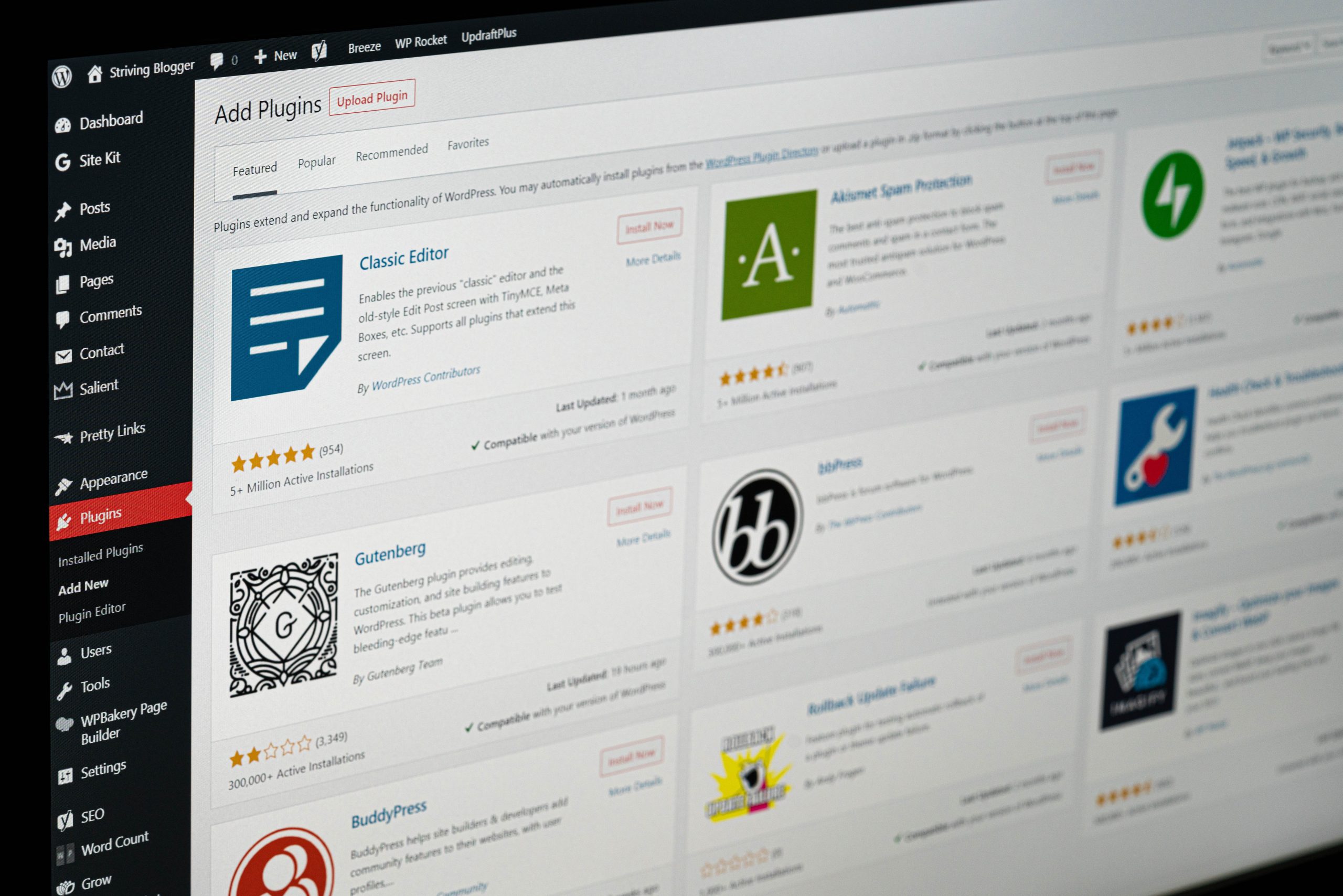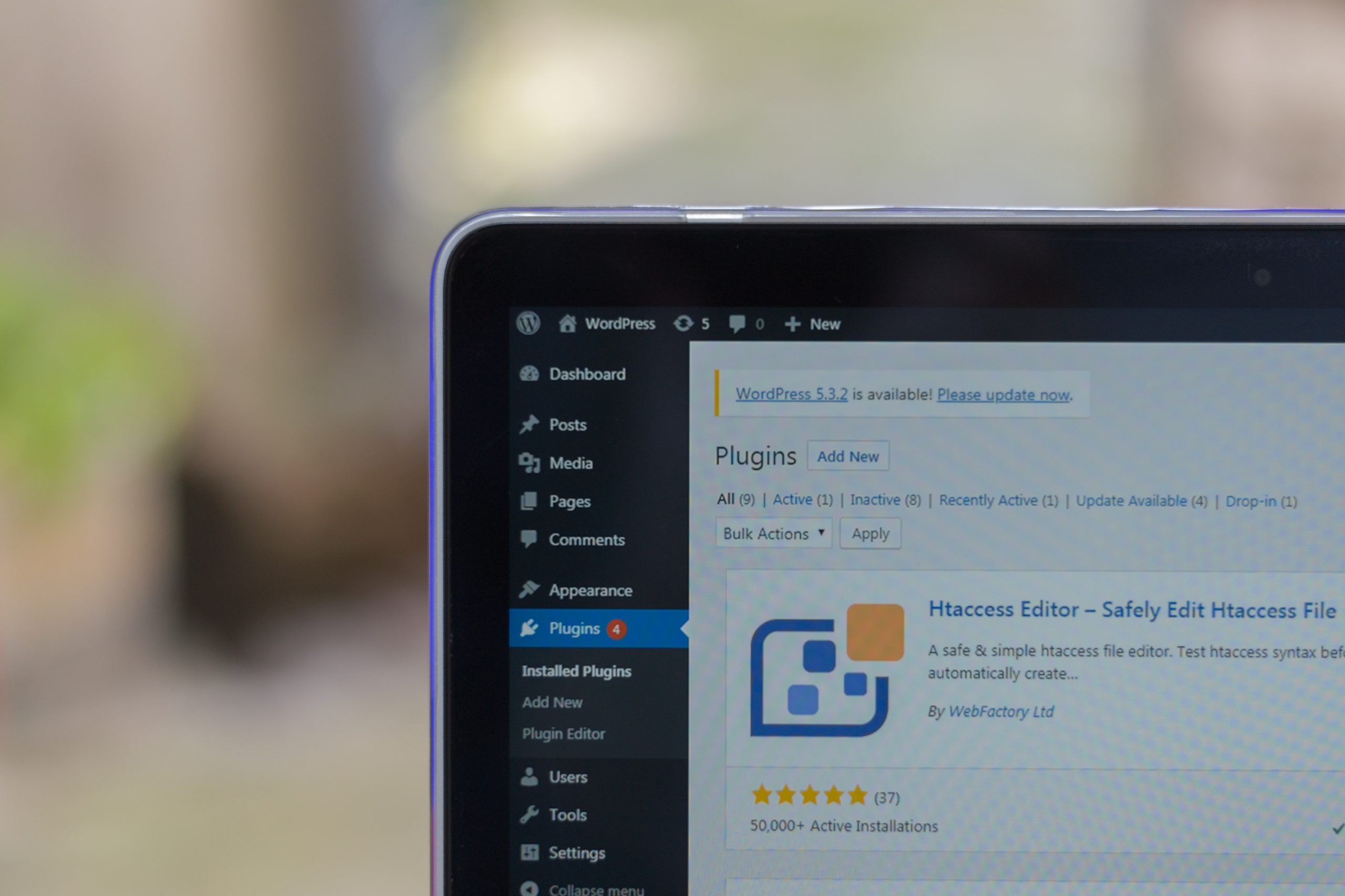In an era dominated by digital presence, having your WordPress website indexed on Google is crucial for visibility and accessibility. However, many website owners encounter the frustrating issue of their site failing to appear in Google search results. This can be attributed to a variety of factors, from technical glitches to content-related problems. In this article, we will delve into the common issues that may be hindering your WordPress website from being indexed by Google and provide effective solutions.
1. Misconfigured Robots.txt File
The robots.txt file is a crucial element in controlling search engine bots’ access to your site. A misconfigured robots.txt file can inadvertently block search engine crawlers, preventing your website from being indexed. To rectify this, navigate to your WordPress dashboard, access the ‘Settings’ section, and locate the ‘Reading’ tab. Ensure that the “Search Engine Visibility” option is unchecked to allow search engines to index your site.
2. Improper Use of Noindex Meta Tag
Another common mistake that can prevent your WordPress website from being indexed is the incorrect implementation of the ‘noindex’ meta tag. This tag instructs search engines not to index a particular page. Check your WordPress pages and posts to ensure that the ‘noindex’ tag is not inadvertently applied.
3. Slow Page Loading Speed
Google’s algorithm takes into account the loading speed of websites when determining their rankings. A sluggish website can result in poor user experience, which in turn affects indexing. Utilize tools like Google PageSpeed Insights or GTmetrix to identify and rectify issues that might be slowing down your website.
4. Thin or Duplicate Content
High-quality, original content is the backbone of a well-indexed website. Google tends to favor websites with unique, valuable, and substantial content. Ensure that your content is not only informative but also engaging for your target audience. Avoid duplicating content from other sources, as this can lead to penalties and hinder indexing.
5. XML Sitemap Issues
An XML sitemap is like a roadmap for search engine bots, guiding them to the various pages of your website. If your sitemap is not properly configured or submitted to Google Search Console, it can lead to indexing problems. To address this, use a reliable SEO plugin (such as Yoast SEO or All in One SEO Pack) to generate and submit your sitemap.
 6. Improper Canonicalization
6. Improper Canonicalization
Canonical tags are used to specify the preferred version of a webpage when multiple versions with similar content exist. If canonical tags are not implemented correctly, Google might not index the desired version of your content. Verify that canonical tags are correctly set up to prevent any confusion for search engine bots.
7. Issues with SSL/HTTPS
Google prioritizes secure websites, favoring those with an SSL certificate (resulting in an HTTPS URL). If your website lacks SSL encryption, it may be deprioritized in search rankings. Ensure that your site is HTTPS secure to improve its chances of being indexed.
8. Crawl Errors and Redirect Loops
Crawl errors and redirect loops can confuse search engine bots, leading to indexing problems. Regularly monitor your Google Search Console for any reported crawl errors and promptly address them. Ensure that your redirects are properly set up to guide bots to the correct pages.
9. Improper Use of JavaScript
While JavaScript can enhance user experience, it can sometimes hinder search engine crawlers. Ensure that essential content is not hidden behind JavaScript elements, and consider providing alternative HTML versions for crucial information.
10. Lack of Backlinks or Poor Backlink Profile
Backlinks from reputable websites are a strong signal to Google that your content is valuable and trustworthy. If your website lacks backlinks or has a poor backlink profile, it may struggle to get indexed. Focus on building high-quality, relevant backlinks to improve your website’s visibility.
In conclusion, a multitude of factors can contribute to your WordPress website not indexing on Google. By systematically addressing these common issues, you can enhance your site’s chances of being indexed and improve its visibility in search results. Regularly monitor your website’s performance and stay updated with the latest SEO best practices to ensure continued success in the ever-evolving digital landscape. Remember, persistence and attention to detail are key in achieving optimal indexing results.




